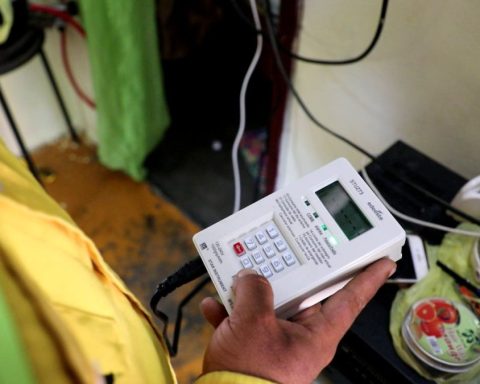The purchase of Twitter by tycoon Elon Musk has raised fears that for the sake of his conception of freedom of expression, the social network will become a barrage of hate messages. But experts are waiting to see how it will tackle content moderation.
After the purchase of the social network by the owner of Tesla and SpaceX, many voices are concerned about its eventual pushback on the sensitive issue of its regulation.
“Mr. Musk: freedom of expression is formidable, hate speech is unacceptable,” summarized the president of the American organization for the defense of civic rights NAACP, Derrick Johnson.
“The last thing we need is a Twitter that deliberately closes its eyes to violent speech against users (…) in particular against women, non-binary people and others,” said the director of technology and human rights. of Amnesty International, Michael Kleinman.
Confronted for two years with misleading information about covid, the World Health Organization (WHO) asked Elon Musk to assume his “enormous responsibility” on the matter, while the International Federation of Journalists (IFJ) sees in the purchase a “threat to the pluralism of press freedom” and a “favorable terrain for disinformation”.
Antibodies
“The extreme reaction of the antibodies of those who fear freedom of expression speaks for itself,” Elon Musk tweeted Tuesday on the social network he has bought for $44 billion. US conservatives and supporters of far-right Brazilian President Jair Bolsonaro applauded the tycoon’s move, calling it the end of a form of “censorship.”
It remains to be seen what the richest man in the world is going to do with a network that has 217 million active users, 80% of them outside the United States.
Twitter has been trying for years to fight to suppress or moderate hate speech or even close accounts as it did with former US President Donald Trump in January 2021, after the assault on Capitol Hill and the unfounded accusations that Joe Biden had stolen victory in the presidential election.
“It is much easier to criticize the platform from the outside saying that it does not support freedom of expression than to make it work and implement a content moderation policy,” warns the co-director of the Center for Social Networks and Politics (CSMaP) of New York University, Joshua Tucker.
advertisers
According to Tucker, Musk could send a message by opening Twitter to “conservative policymakers” like Trump, an offer that Trump has declined. “But there is a real difference between this kind of grand gesture and the daily management of the platform, where moderation mechanisms try to fight violent messages or threats of violence,” the expert tells AFP.
“What types of content are you going to backtrack on?” he asks. On Tuesday, the European Commissioner for the Internal Market, Thierry Breton, warned Twitter that “it will have to fully comply with European rules”, in particular the Digital Services Act (DSA), which aims to force large platforms to fight against illegal content. .
Greater openness will surely seduce those who consider the blue bird’s network to be more like a cage for speech that does not comply with what is considered “political correctness”.
But if “it becomes a space for hate content and expels journalists, Twitter loses its value,” says Karen North, a communication professor at the Annenberg School at the University of South Carolina.
“A good way to kill Twitter is to take it public and inconsistently reduce content moderation,” adds Paul Barrett, deputy director of the New York University Stern Center for Human Rights.
According to him, the result would be “a tsunami of spam, pornography, hate speech, QAnon [extrema derecha estadounidense, ndlr]stupidities about the ‘stolen elections’, etc… Goodbye to the common users, goodbye to the advertisers”, he predicts.
Elon Musk, on the contrary, considers that Twitter is losing ground and needs to be renewed.











